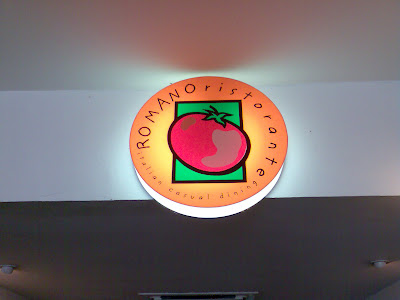Well, the title says it all.
I got the quote off a post off Huffington Post and the picture from this site which has a pretty cute review.
First things first, or, how you know the movie’s really good – I’m writing a sort of review on it, something I rarely do unless I am immensely moved or immensely pissed off by something.
However, I’m not providing any specific examples from the film so that I don’t spoil the film for you.
Why I like Toy Story 3 so much is because it’s packed with so much goodness in it that it has something valuable for everyone.
For example,
- Entertaining and humorous storyline for the kids: Check.
- Tearjerker/romance/comedy/action elements for the various segments of the adult population: Check.
- Concepts like existentialism for the literary geeks: Ch – WTF?
Yes, I’m serious. You can even see some Freudian psychology (yeah I know it’s passe but still) at work in terms of the life drive/Eros/self-preservation instinct that some characters portray.
Some other literary aspects of the film that appeal to me:
- The plot has been crafted very well and fits together very tightly, such that there is adequate closure to each conflict that arises, which allow the round characters to progress in a convincing fashion,
- The conflicts are both plausible and palpable – what each character goes through is at no times trite or contrived, and last but not least,
- What really had me in awe was the film’s employment of a literal deus ex machina that leverages on a series of motifs from the fim/within the Toy Story trilogy. It’s cheesy and a tad predictable if you’ve been following the clues in the film – but it’s done very well.
So please go and watch Toy Story 3 if you can. Even if you can’t appreciate the literary aspects of it, I think you’ll appreciate the truths about life that the film depicts.
P.S. No, I haven’t been paid to plug the film, but I wouldn’t mind a free t-shirt if anyone could get me one of these babies.

